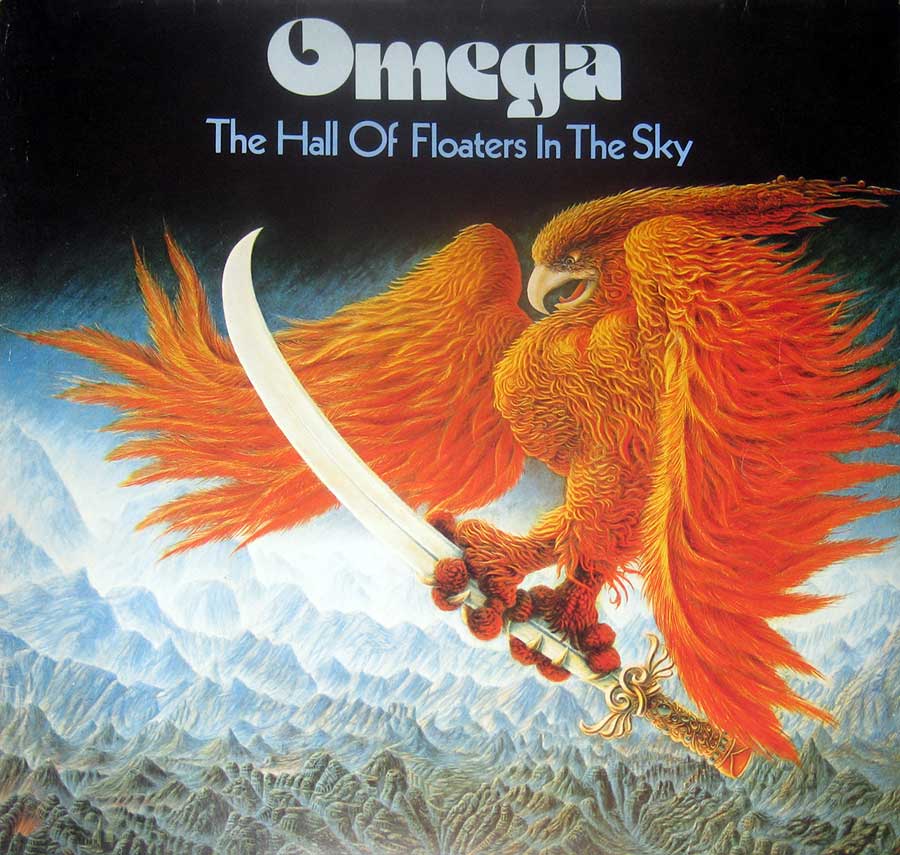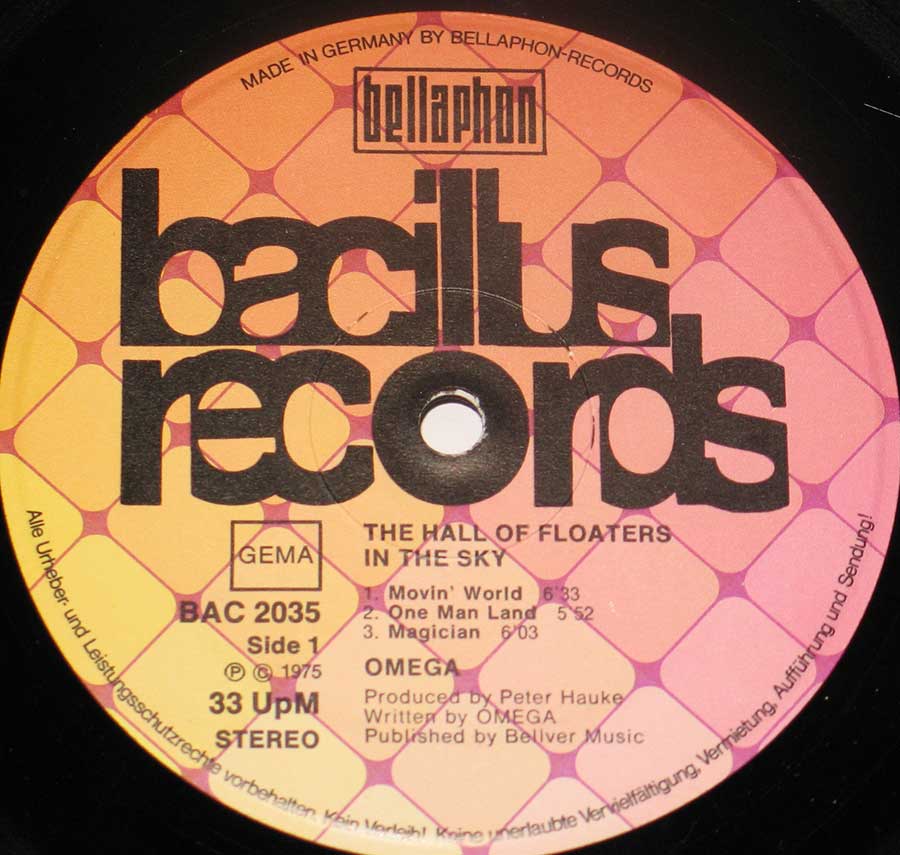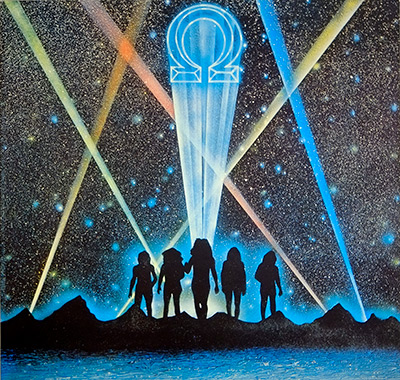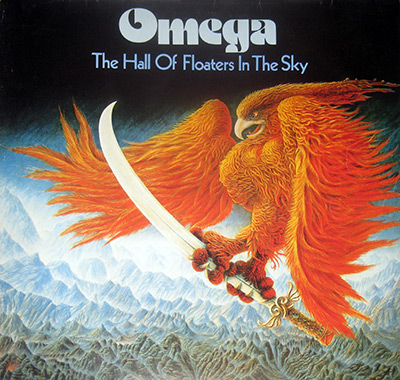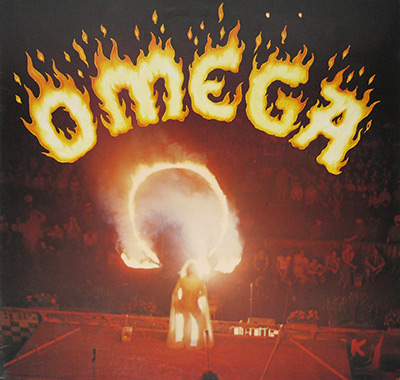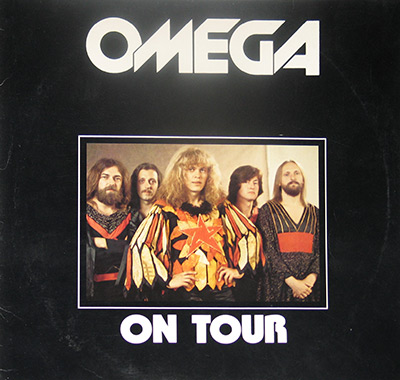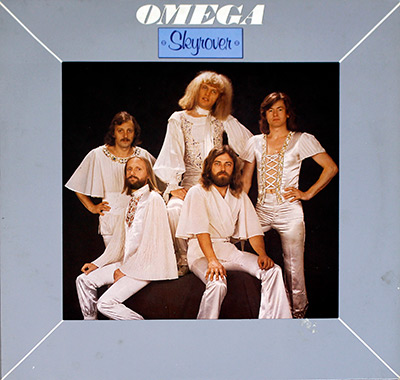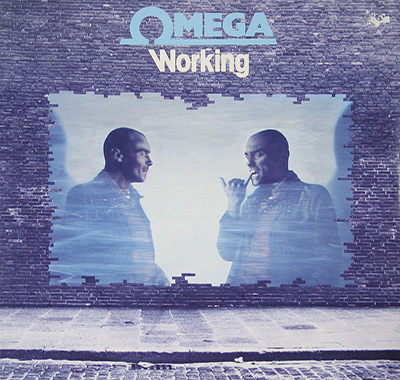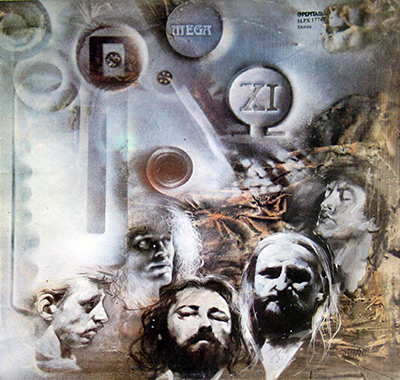Peter Hauke, Peter Hauke is a German producer and sound engineer, and in my book he flies the mixing desk like a cockpit: calm hands, sharp ears, zero mercy for mud. To my ears, his early-1970s run with Nektar (1971-1974, including "Remember the Future") nailed that widescreen space-rock glide, then mid-1970s work with Omega pushed prog into colder, grander atmospheres. Late-1970s, he locked in Supermax's groove-and-punch, and by the late 1970s into mid-1980s Hotline Studios in Frankfurt became his home base, producing Tony Carey's Planet P material with a tight, radio-ready snap.
OMEGA - The Hall Of The Floaters in the Sky - 12" Vinyl LP Album
- BACILLUS Records BAC 2035
Released in 1975, Omega's "The Hall of Floaters in the Sky" is a landmark Hungarian rock album. Produced by PŽter Erdoýs and recorded at Pann—nia Filmstœdi—, the album blended progressive rock, hard rock, and psychedelia. The band, comprising J‡nos K—bor, Gyšrgy Moln‡r, L‡szl— Benkoý, Tam‡s Mih‡ly, and Ferenc Debreceni, navigated a restrictive political climate, using metaphors and symbolism to convey their message of individuality and freedom. The album's powerful vocals, innovative instrumentals, and thought-provoking lyrics cemented Omega's place in Hungarian rock history.
